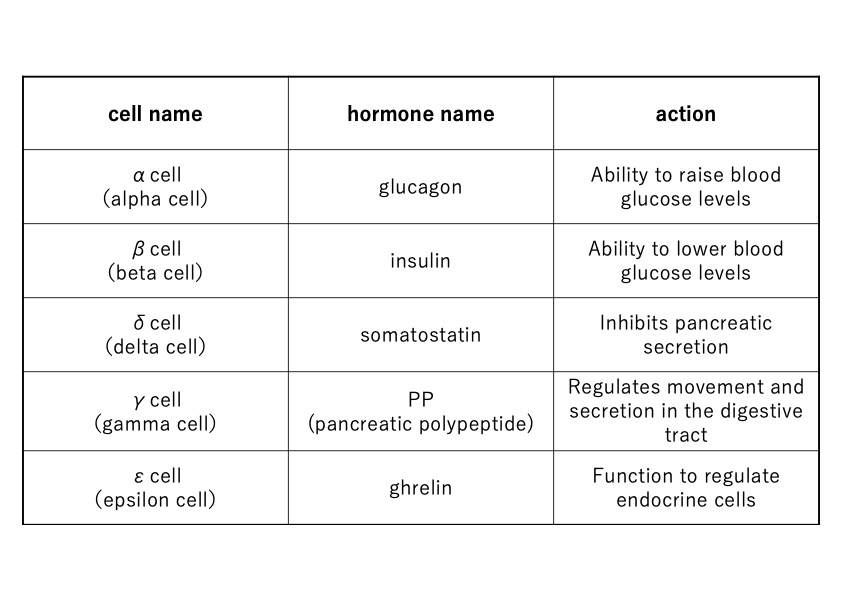About Insulin
Insulin is a vital hormone that regulates blood glucose levels and is secreted by β-cells, a type of endocrine cell located in the pancreas. When blood glucose levels rise after a meal, insulin is released to facilitate the uptake of glucose into tissues such as muscles, the liver, and the brain, where it is used as an energy source or stored for later use.
This finely tuned system maintains metabolic homeostasis and prevents the harmful effects of prolonged hyperglycemia, which can damage various organs. A deficiency in insulin production or action is a fundamental cause of diabetes and has wide-ranging implications for systemic health.
About pancreatic endocrine cells
Pancreatic endocrine cells are specialized hormone-producing cells located within the islets of Langerhans in the pancreas. These cells play a central role in regulating metabolism and maintaining physiological homeostasis through the secretion of various hormones. The pancreatic endocrine system is composed of five major cell types:
· Alpha (α) cells: secrete glucagon, which raises blood glucose levels
· Beta (β) cells: secrete insulin, which lowers blood glucose levels
· Delta (δ) cells: secrete somatostatin, which regulates other hormone secretions
· Gamma (γ or PP) cells: secrete pancreatic polypeptide
· Epsilon (ε) cells: secrete ghrelin, which influences appetite and energy balance
These hormones are distributed throughout the body via the bloodstream and influence a wide range of physiological functions including glucose metabolism, energy homeostasis, and appetite regulation. In addition to the pancreas, endocrine cells are also found in organs such as the thyroid gland and adrenal glands, where they contribute to the integrated hormonal control of the body.

